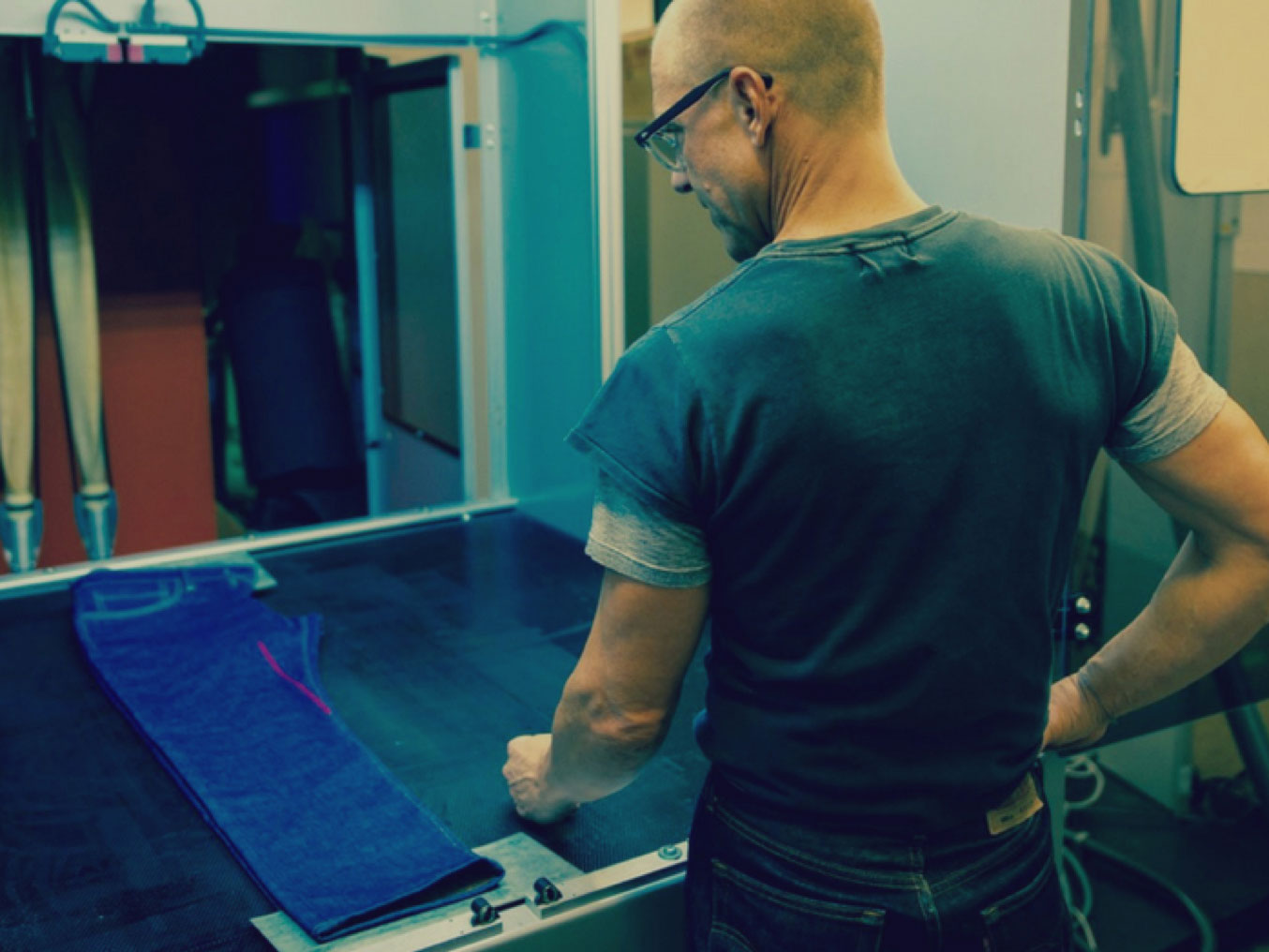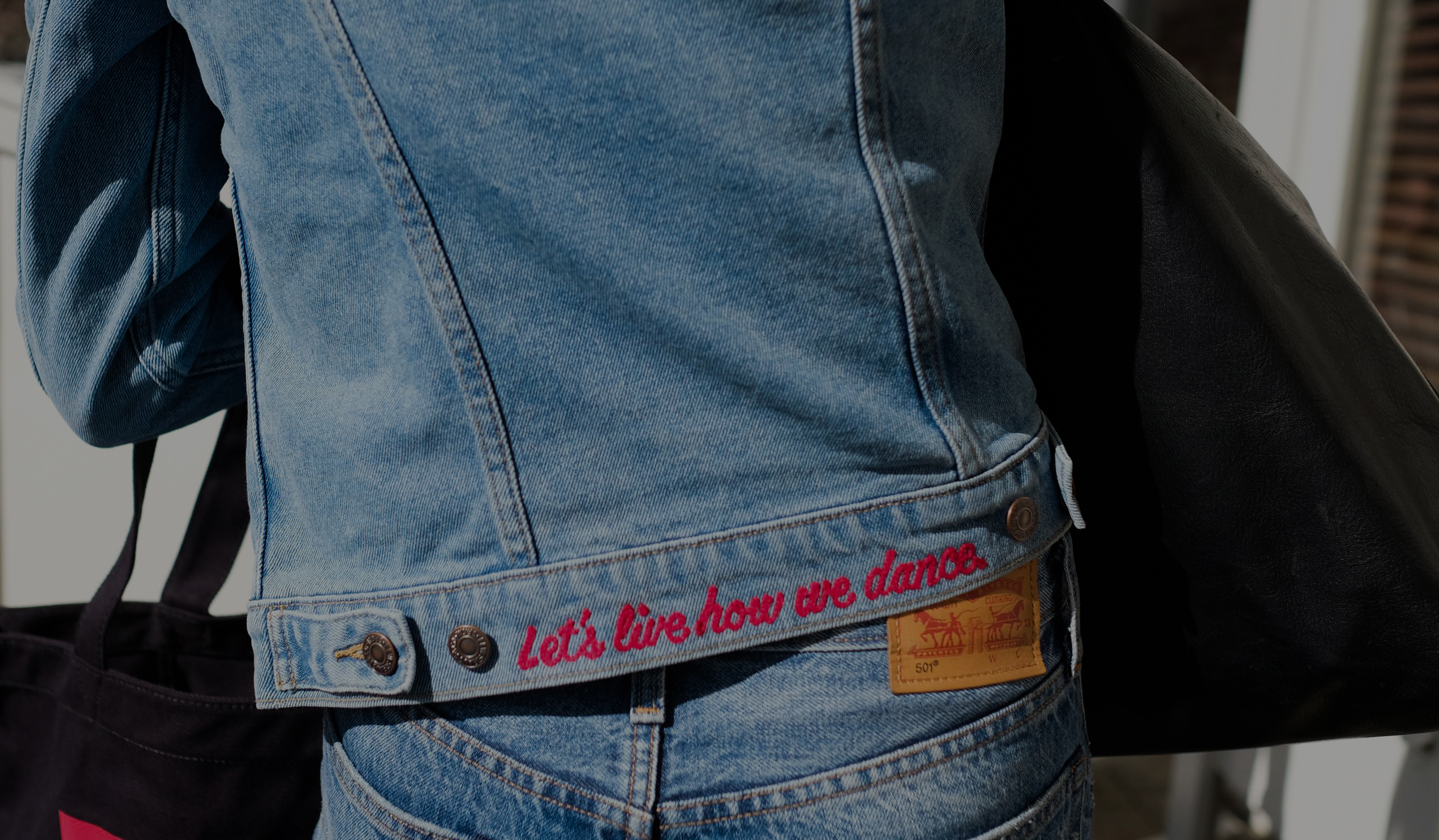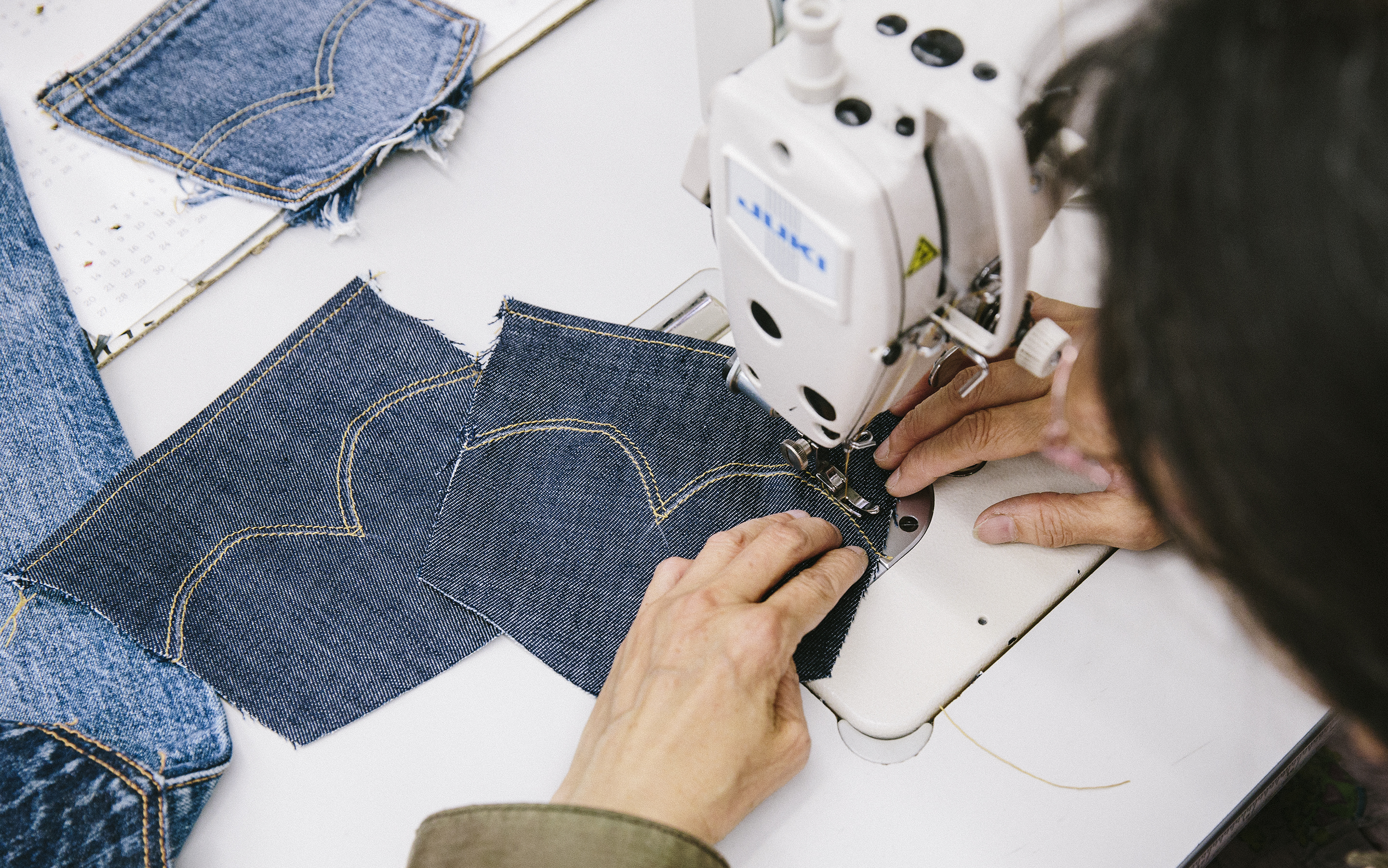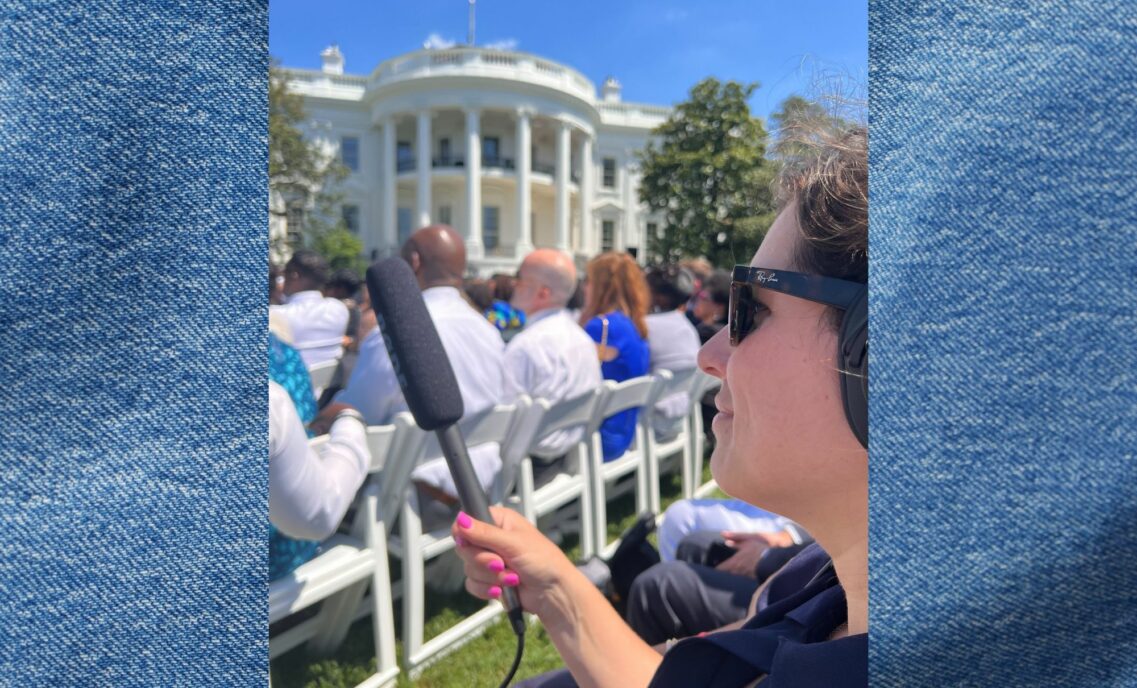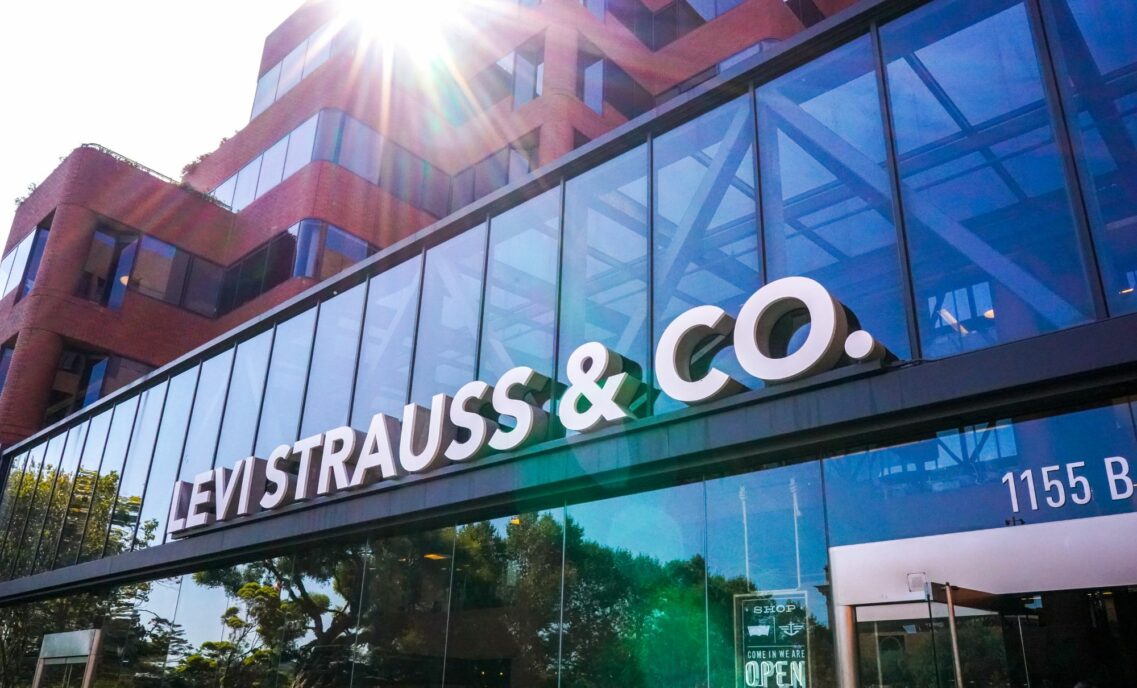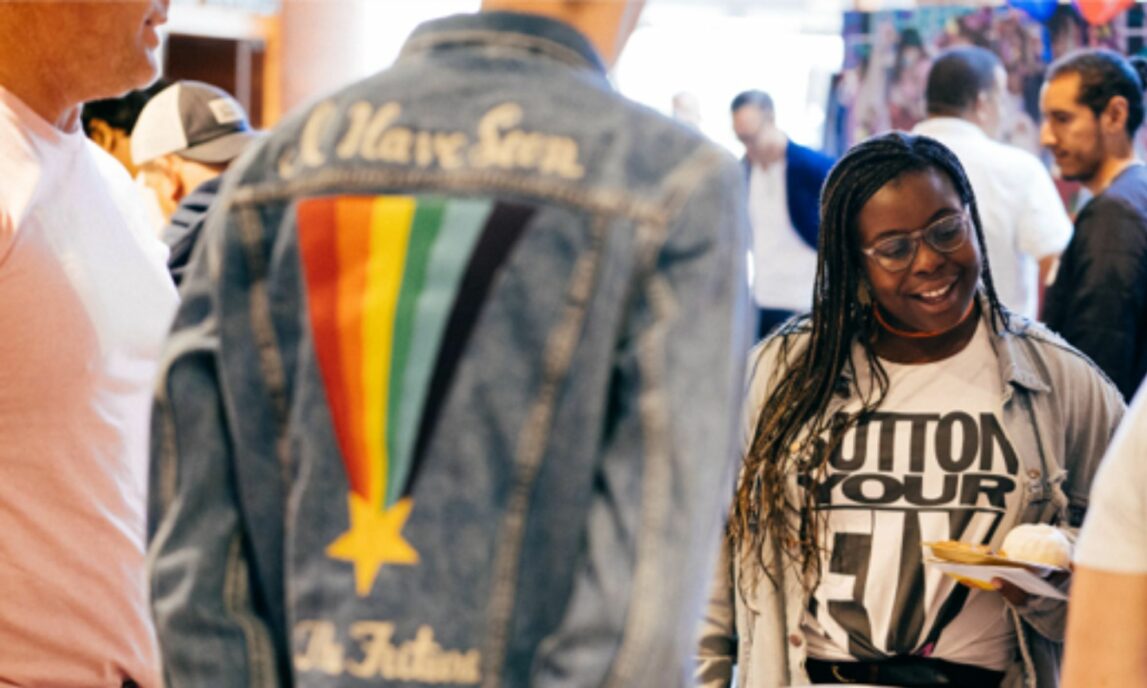Levi Strauss has a longstanding commitment to creating safe, productive workplaces for workers across our supply chain. As the first multinational apparel company to establish a comprehensive workplace code of conduct for our manufacturing suppliers, it is fundamental to our work.
Whenever we learn of issues that negatively impact workers, it is incumbent on us to respond quickly and thoughtfully. That’s what we are doing in Lesotho, based on a report we received from the Worker Rights Consortium that documented sexual harassment and abuse at factories in Lesotho owned by Nien Hsing, a supplier for Levi Strauss and other brands in the country.
Gender-based violence and harassment is a severe violation of our Terms of Engagement that all suppliers must sign on to. After reviewing a summary of the report, we immediately engaged Nien Hsing’s CEO to make it clear that the kinds of abuse alleged would not be tolerated and required action to be taken. This included that Nien Hsing resolve outstanding issues with local unions; review the use of short-term employment contracts; make management changes; hire third-party experts to assess and improve management systems; work with local experts to provide training to supervisors, management and worker representatives; re-activate a factory grievance hotline, managed by a third party; augment HR processes for recording and investigating complaints; and address reported safety issues. All recommendations have either been completed or are in process, and we continue to monitor Nien Hsing’s progress.
In addition, we entered into discussions with the Worker Rights Consortium and several Lesotho-based unions and women’s advocacy groups to develop a series of agreements signed by Nien Hsing, five Lesotho-based trade unions and women’s rights advocacy organizations, the Worker Rights Consortium, Solidarity Center and Workers United, along with the three brands that source from Nien Hsing in Lesotho – The Children’s Place, Kontoor, and LS&Co. – that outline a pilot program reflecting a shared commitment to protect the rights of workers, support economic development in Lesotho, and promote Lesotho as an apparel exporting country.
The agreements establish an independent investigative organization to receive complaints of sexual harassment and abuse from workers, carry out investigations and assessments, identify violations of a jointly developed code of conduct, and direct and enforce remedies in accordance with the Lesotho law. The program will also involve extensive worker-to-worker and management training, education, and related activities.
The Solidarity Center, the Worker Rights Consortium, and Workers United will provide technical and administrative assistance and support. Funding for the two-year pilot program will come primarily from the brands, in collaboration with the U.S. Agency for International Development (USAID).
Addressing sexual harassment and abuse requires coordination and commitment; there is no “one size fits all” remedy. Unlike many risks that we audit against, reports of sexual harassment and coercion are more difficult to illicit from workers due to their fear of retaliation and other factors. We are therefore currently engaging with experts in order to identify best practices for identifying gender-based violence and harassment and improving our monitoring processes.
Our efforts to address gender-based violence and harassment go beyond improving monitoring, however. We have in recent years proactively established partnerships with a number of organizations to address a full range of gender equity issues in different sourcing countries around the world, such as the Change Alliance in India and Better Factories Cambodia (More on that here). In addition, to address the issue of sexual harassment at a systemic level, Levi Strauss & Co. has launched a cross-functional Gender Equity Taskforce made up of representatives from our Sourcing, Sustainability, and Global Policy teams, and from the Levi Strauss Foundation. The Taskforce works with industry experts to ensure that issues tied to gender equity are considered in all monitoring and audits, all workers have access to appropriate reporting channels, and all workers have effective representation with management.
This complements our Worker Well-being initiatives, through which we have reached more than 200,000 workers in 17 countries with programs designed to promote better physical, psychological, and financial well-being. The same impetus has guided the Levi Strauss Foundation’s grant-making to gender equity programs globally and its publication, last year, of an open-source Gender Equality Report that outlines good practices for enhancing gender equity in the apparel industry.
This is a global issue, an industry-wide issue, and we have every intention of continuing to be leaders in efforts to insure a safe and productive working environment across our entire supply chain, in order to improve the working lives of people we know are so critical to our continued success as a company.


